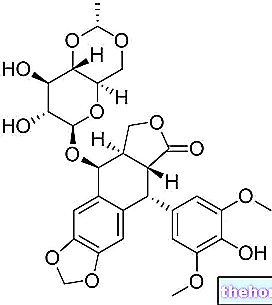Definition
Bipolar disorder is a psychiatric pathology characterized by an "alternation of depressive states and manic or hypomanic states.
Basically, there are three different types of bipolar disorder:
- Bipolar I disorder (characterized by manic-depressive episodes);
- Bipolar II disorder (characterized by hypomaniac-depressive episodes);
- Cyclothymic disorder or cyclothymia (a disorder whose minimum duration is two years and which is characterized by hypomaniac-depressive episodes).
Causes
The causes of onset of bipolar disorder are still unknown. However, it is believed that factors such as genetic predisposition, psycho-social conditions, very stressful or traumatic events and a dysregulation in the levels of neurotransmitters such as serotonin and noradrenaline, are involved in the etiology of the disease.
Symptoms
As mentioned, bipolar disorder is characterized by the alternation of depressive stages and manic states. Therefore, the symptoms that can occur are many. These include hallucinations, aggression, delusions, euphoria, increase or decrease in appetite, difficulty concentrating, depression, suicidal behaviors, nightmares, insomnia, social isolation, weight loss, nervousness, distress and anhedonia.
The information on Bipolar Disorder - Drugs to Treat Bipolar Disorder is not intended to replace the direct relationship between healthcare professional and patient. Always consult your doctor and / or specialist before taking Bipolar Disorder - Drugs to Treat Bipolar Disorder.
Medicines
The most commonly used drugs for the treatment of bipolar disorder are mood stabilizers.
Alternatively, other medications may also be used, such as some types of antiepileptics, antipsychotics, and antidepressants.
Furthermore, psychotherapy could also be useful in treating this pathology.
However, there is no real definitive cure for bipolar disorder, as this disease tends to recur over time.

The following are the classes of drugs most used in the therapy against bipolar disorder and some examples of pharmacological specialties; it is up to the doctor to choose the active ingredient and dosage most suitable for the patient, based on the severity of the disease, the state of health of the patient and his response to treatment.




























